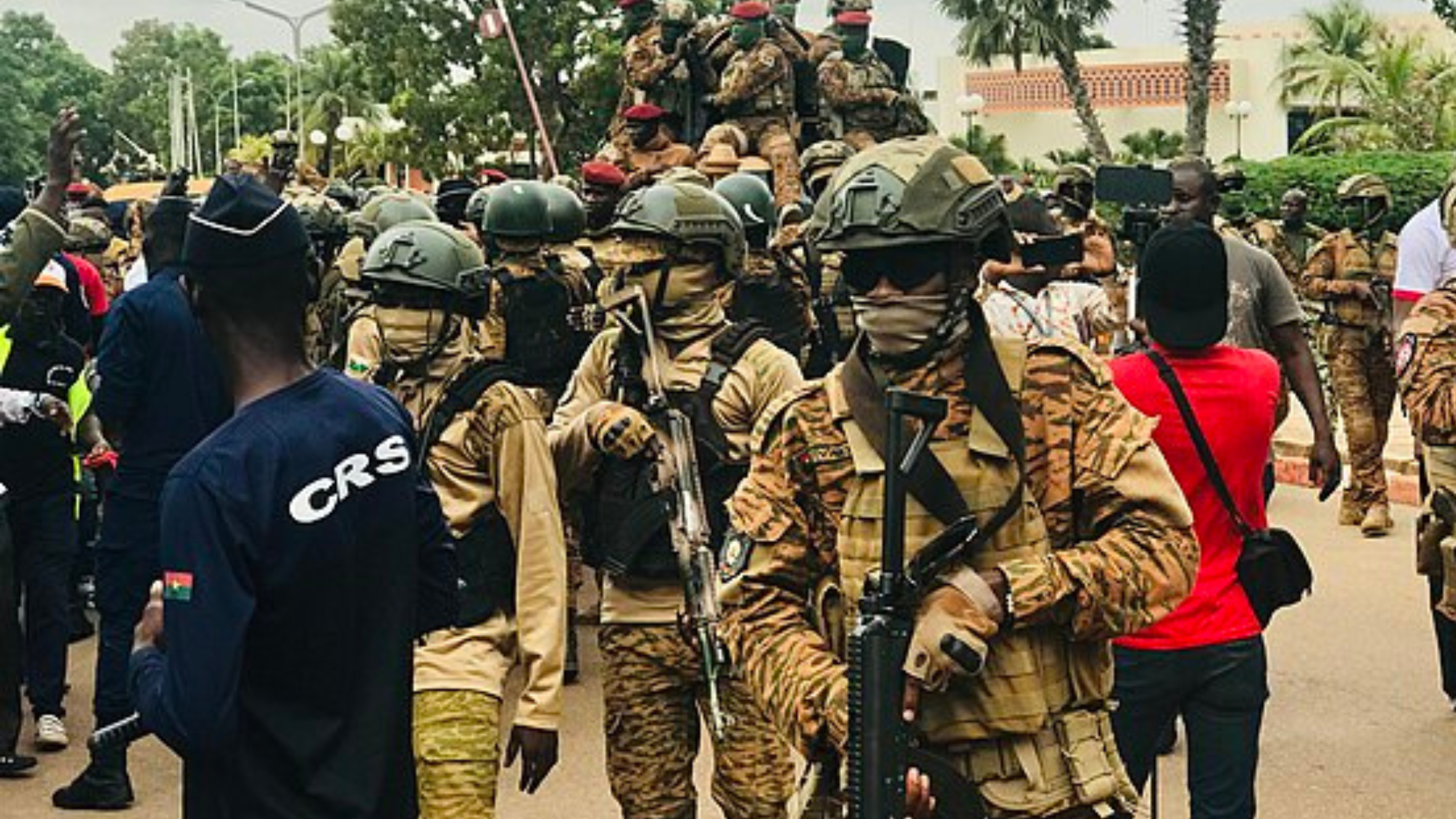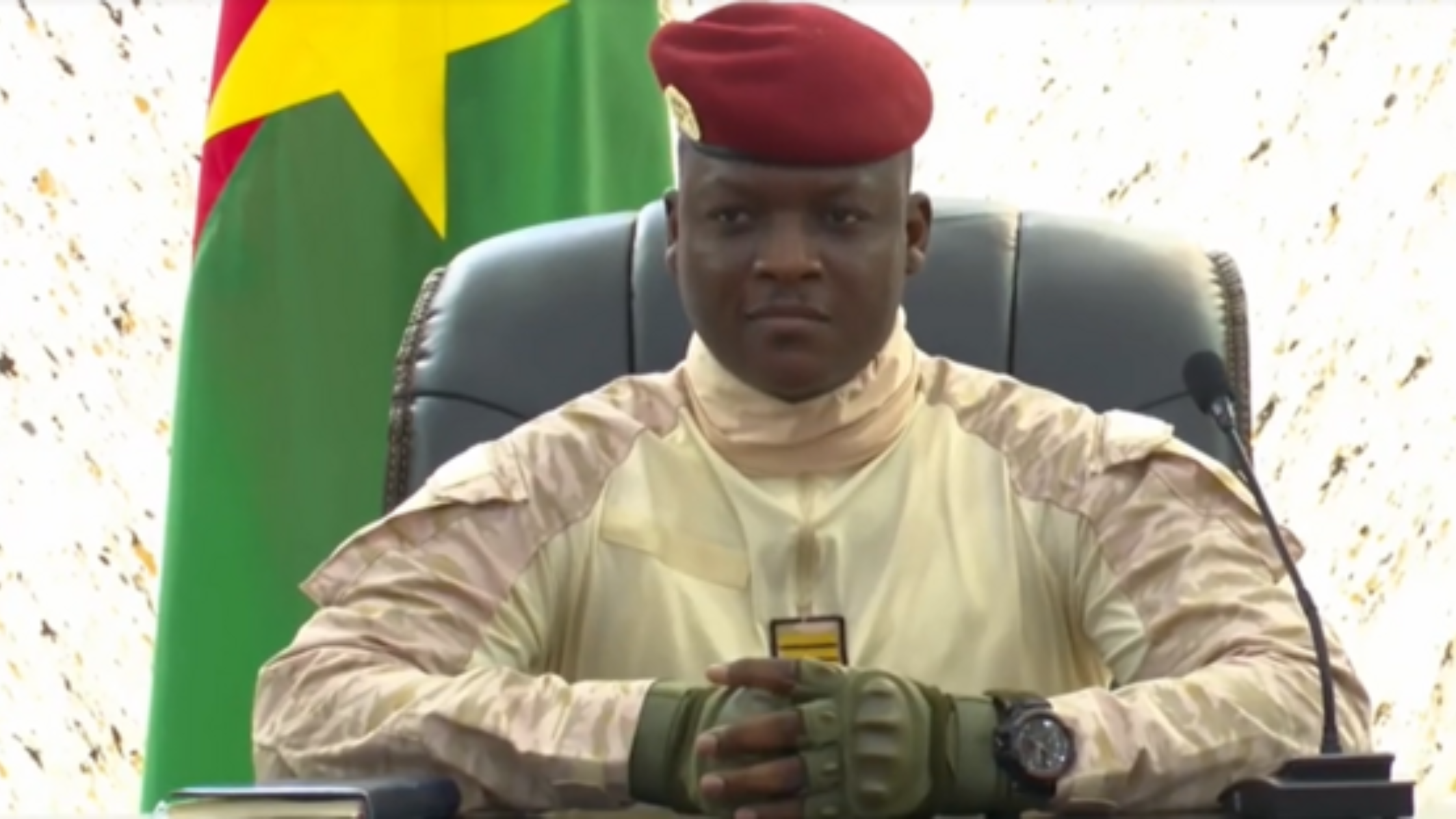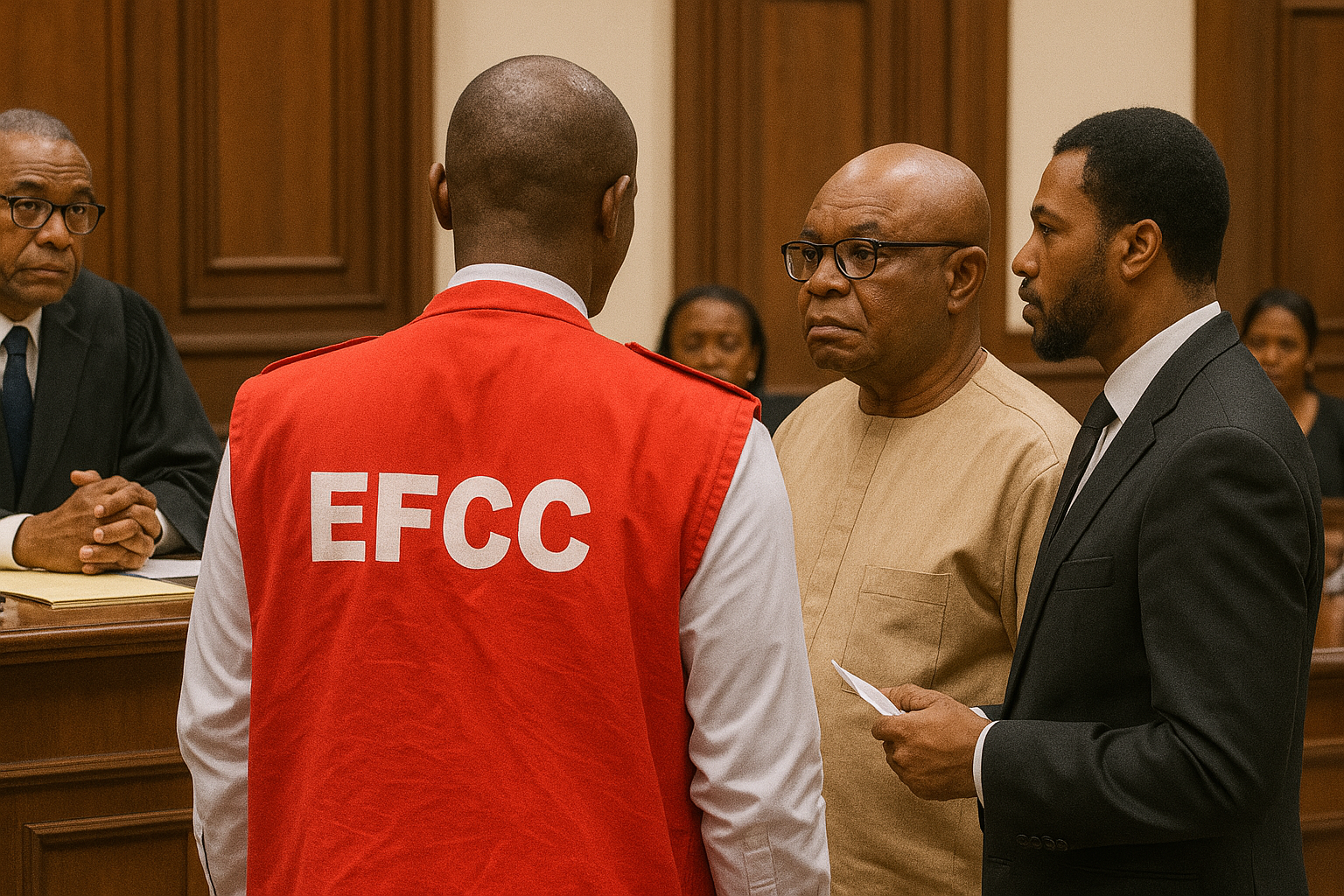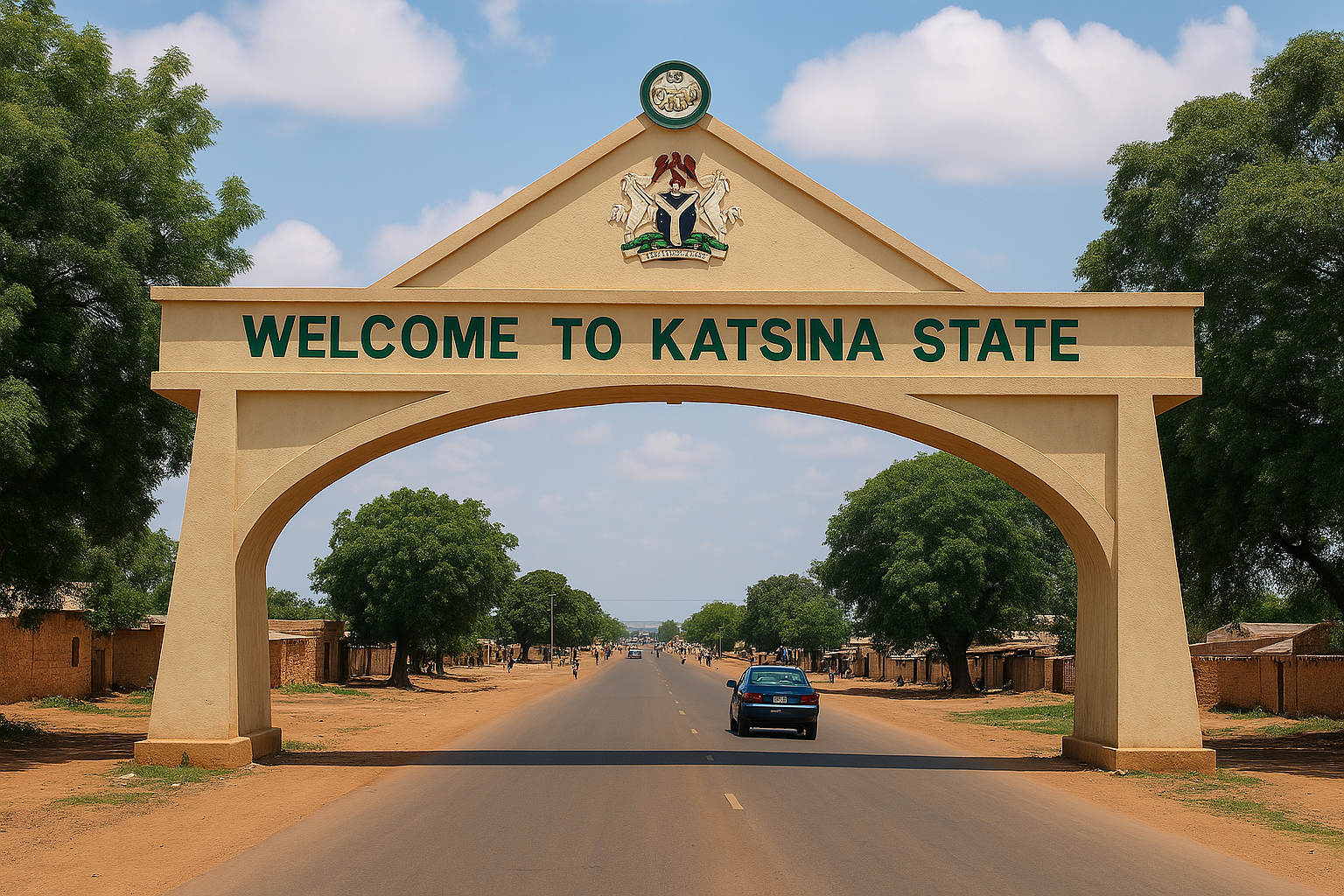The recent decision by Burkina Faso’s military government to pardon 21 soldiers convicted for their roles in the failed 2015 coup attempt is more than a simple act of clemency—it is a calculated move that reflects the complex interplay of national security concerns, military politics, and the broader instability plaguing the Sahel region. At a time when Burkina Faso is battling a relentless jihadist insurgency and navigating a precarious transition under junta rule, this pardon underscores the delicate balance between justice and pragmatism in a nation where the military has become the dominant political force.
The 2015 coup attempt, orchestrated by the Presidential Security Regiment (RSP), was a last-ditch effort by loyalists of ousted President Blaise Compaore to reclaim power after his 27-year rule ended in a popular uprising. Though the coup collapsed under domestic and international pressure, it exposed the deep fractures within Burkina Faso’s security apparatus. The RSP, long seen as Compaore’s praetorian guard, was disbanded, and its leaders were imprisoned. Nearly a decade later, their pardon under Captain Ibrahim Traore’s junta suggests an effort to reconcile with remnants of the old regime—or perhaps to co-opt potential allies in a fractured military landscape.
Traore’s motivations are not difficult to decipher. Since seizing power in 2022—the second coup in a year—his government has struggled to contain a jihadist insurgency that has displaced millions and rendered vast swaths of the country ungovernable. The Burkinabe military, already stretched thin, is riven by internal divisions and plagued by defections. By pardoning these soldiers, Traore may be seeking to unify the armed forces under his command, bringing former rivals into the fold at a time when loyalty is paramount. Yet the move also risks sending a dangerous message: that coup attempts, even failed ones, carry no lasting consequences.
This pardon fits into a broader pattern across the Sahel, where military regimes in Mali and Niger have similarly rehabilitated former putschists and dissidents under the banner of national unity. In Mali, the junta has released opposition figures and integrated rebel fighters into the army, while Niger’s post-coup government has dropped charges against those involved in past coup attempts. These actions are often justified as necessary for stability, but they also serve to consolidate power by neutralizing potential threats and rewarding loyalty. For Traore, who himself came to power through a coup, the calculus is clear: in an environment where the military is the ultimate arbiter of power, maintaining cohesion within the ranks takes precedence over retributive justice.
The decision, however, is not without its critics. Victims of the 2015 coup, including civilians killed in the crackdown, may see this as a betrayal of their suffering. Civil society groups and advocates for transitional justice argue that such pardons entrench a culture of impunity, where military elites operate above the law. Moreover, the move could further alienate Burkina Faso from regional bodies like ECOWAS, which has taken a harder line against military regimes since the wave of coups began in 2020. If Traore’s government continues to disregard accountability mechanisms, it risks deepening its isolation at a time when international support is critical for combating jihadist threats.
The long-term implications of this pardon hinge on Traore’s ability to deliver on his promises. If the reintegration of these soldiers strengthens the military’s effectiveness against insurgents, it may be remembered as a necessary compromise. But if the junta fails to stabilize the country—or if the pardoned officers become a destabilizing force—the decision could backfire, reinforcing perceptions of the military as a self-serving institution more concerned with self-preservation than national recovery.
Ultimately, Burkina Faso’s pardon of the 2015 coup plotters is a microcosm of the challenges facing the Sahel: a region where democratic norms are eroding, security crises are escalating, and military rulers are increasingly willing to trade principles for power. As Traore navigates these turbulent waters, his choices will not only shape Burkina Faso’s future but also test whether a nation can truly reconcile its past without confronting it.







Leave a Reply